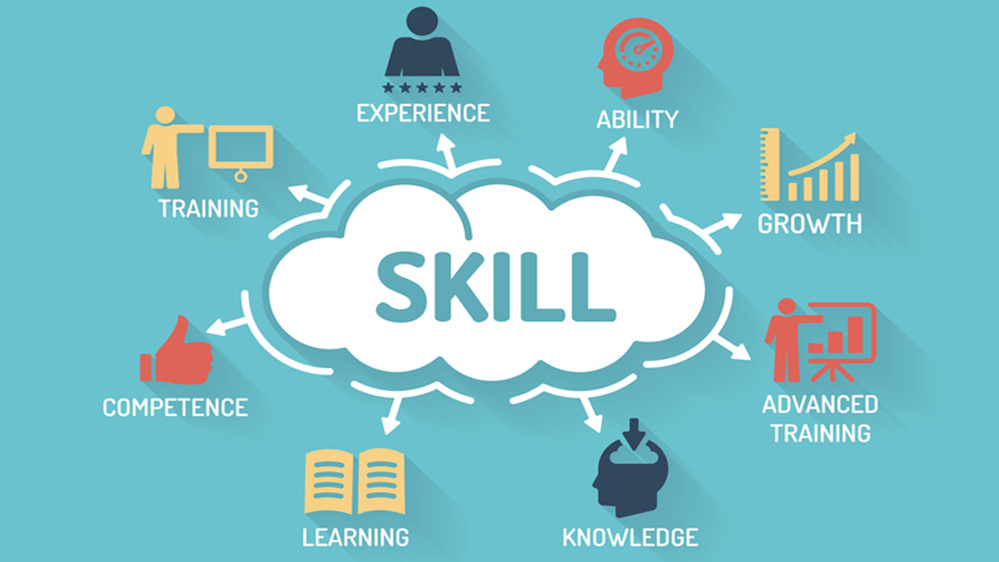Moving out on your own for the first time is an exciting adventure but comes with challenges. Developing independent skills is crucial for teenagers and young adults to navigate this new chapter confidently. In this article, we’ll explore what independent living skills are, why they matter, and delve into 13 essential skills that can make a significant difference in your life.
What are Independent Living Skills?
Independent living skills encompass the behaviours and knowledge necessary for a person to thrive on their own. These skills cover a range of areas, including personal care, organization, food preparation, clothing care, money management, and home maintenance.
Personal Care
Taking care of oneself, from dressing appropriately to practising good hygiene.
Personal Organization
Efficiently managing time and keeping track of personal items.
Food Preparation
Cooking, buying necessities, and storing food properly.
Clothing Care
Laundry, sorting clothes, and making wise wardrobe choices.
Money Management
Learning to save, budget, and invest money wisely.
Home Maintenance
Basic home maintenance skills, from lawn care to fixing minor issues.
Why Are Independent Skills Important?
Independent skills are pivotal in allowing individuals to live on their own terms. They empower people to make informed decisions, earn a living, and take charge of their health. Developing independence instils confidence and purpose, fostering a sense of empowerment in individuals.
13 Independent Skills to Consider Developing
1. Prepare Healthy Meals
Cooking your way to health: Learning basic cooking skills can save money and enhance overall well-being—master boiling water, chopping, and following simple recipes. Meal prepping and saving leftovers can also be a game-changer.
2. Shop for Groceries on a Budget
Smart shopping for a healthier wallet: Take inventory and list essentials before hitting the grocery store. Purchase nonperishables, plan perishable items, buy seasonal fruits and veggies, and use coupons to maximize savings.
3. Exercise Regularly
Building a strong foundation: Regular exercise strengthens your body and improves mental alertness and sleep quality. Create a schedule that suits you, involving walking, dancing, or weight training.
4. Clean and Organize Your Home
Tidy space, tidy mind: Knowing how to organize your living space is crucial for a clean home. Regular cleaning, including vacuuming, wiping surfaces, and dusting, minimizes clutter and maintains a comfortable living environment.
5. Maintain Your Finances
Mastering the money game: Track your income and expenses, budget wisely, and invest in your future. Understanding your financial landscape allows you to save for emergencies or significant purchases like a home or car.
6. Communicate Effectively
The power of effective communication: Learn to express your needs and understand others’. Effective communication aids in making friends, adapting to new environments, and succeeding in the workplace.
7. Act Professionally at Work
Navigating the workplace: Dress appropriately, adhere to company dress codes, support colleagues, and follow managerial directions. Professional behaviour ensures a positive work environment and fosters healthy workplace relationships.
8. Manage Your Time
Balancing act: Efficient time management is crucial for balancing personal and work-related tasks. Plan, set goals, prioritize essential tasks, set time limits, and take breaks to optimize productivity.
9. Maintain Good Personal Hygiene
Investing in self-care: Good personal hygiene keeps you clean and boosts confidence. Establish a routine, including brushing your teeth, regular showers, handwashing, and nail care.
10. Schedule Regular Checkups
Prioritizing health: Regular appointments for dental and medical checkups, eye checkups, and counselling ensure proactive health management. Consistent checkups empower you with knowledge about your health status.
11. Set Educational and Career Goals
Charting your path: Define achievable goals for education and career. Plan whether to pursue higher education, choose a specific field, or set a trajectory for your career in the next five to ten years.
12. Develop Interpersonal Skills
Building bridges with people: Enhance verbal and nonverbal communication to foster strong relationships with friends, family, and colleagues. These skills facilitate networking, engaging conversations, and collaboration in diverse settings.
13. Find a Suitable Job
Empowering independence through work: A job provides financial independence. Learn job search skills, create compelling resumes and cover letters, and hone interview etiquette to secure employment that aligns with your goals.
Conclusion
Acquiring independent living skills is a journey towards self-sufficiency and confidence. These skills contribute to personal growth and enable individuals to navigate the challenges of adulthood with resilience and capability.
FAQs
1. Can anyone develop independent living skills?
Yes, anyone can develop these skills through practice, learning, and perseverance.
2. How can I start exercising regularly?
Begin with activities you enjoy, like walking or dancing, and gradually increase intensity.
3. Is it necessary to schedule regular checkups?
Yes, regular checkups are crucial for maintaining overall health and catching potential issues early.
4. What’s the importance of setting educational and career goals?
Setting goals provides a clear direction for your future, helping you make informed decisions.
5. How do I find a suitable job?
Utilize online job platforms, create an impressive resume, and prepare for interviews to enhance your job search success.
